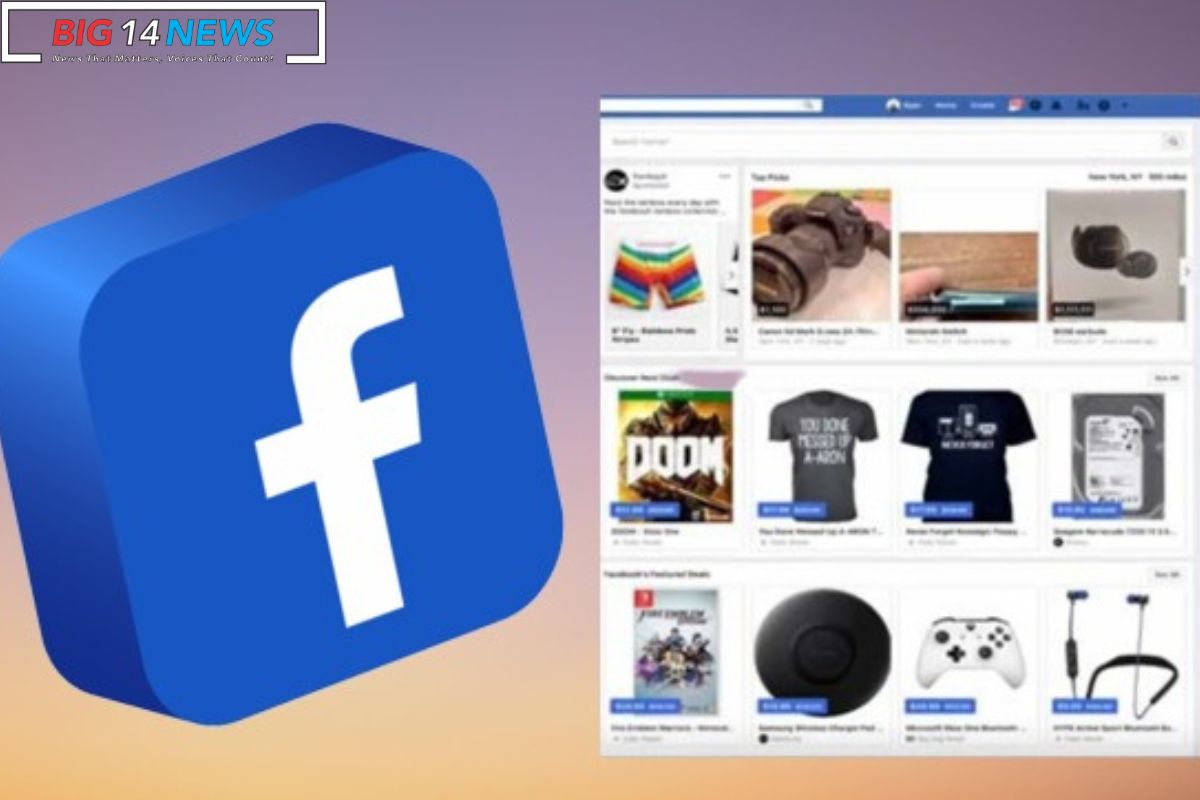Risky Facebook Marketplace Deal: In a recent risky Facebook Marketplace deal, an Oklahoma woman was dragged by a car.
In court files, a story of fragility and danger emerges. At Cardinal Glass in Durant, Oklahoma, an eager worker scheduled a meeting with a man from Norman. They wanted to simplify electrical item trading. They did this through Facebook Marketplace’s virtual middleman.
Under the cover of night, the scene was painted, and the business parking lot was chosen for the meeting. She wanted to swap her beloved Switch for a laptop.
However, lies emerged in the dark night. The woman’s online charmer had nothing to do with the man’s laptop, which represented the digital transaction. A nagging dissonance over right and wrong led to an argument that started a deadly chain of events.
The man took refuge in his pickup truck with both contested things as the conflict played out at the blurry line between the actual and virtual worlds. Because she wanted the promised laptop, she reached into the car.
The tale of trouble changed significantly. In a terrifying buildup, the man switched his car’s gears, making it unsafe. In her pursuit, the woman was dragged down the asphalt, involuntarily participating in a nightmare voyage, until gravity and impact drove her down.


READ MORE: Israeli Tech Companies US Expansion: Israeli Tech Scene Expands Horizons in the US
After this terrifying tragedy, justice favors accountability. The man was charged with “assault with a dangerous weapon,” indicating how serious and awful his acts were.
When the digital market is in trouble, law enforcement warns. Online business is full of safety precautions.
Choose Where to Fight: Pick a library, police station, or marked meeting point for the intended exchange.
If you can, do business during the day; if not, have someone watch out for you.
Secure Transactions: Use cash, Cash App, Venmo, or PayPal for any financial transactions. This helps organize finances.
Uncertainty Vigilance: When there are many unknowns, prepare with the vehicle’s complete description, path, and license plate number. These three bits of information could be vital in a crisis.
This history reminds us of the bad side of online commerce and warns us to be wary in the digital maze.
Our Reader’s Queries
How to tell if a buyer is scamming you on Facebook Marketplace?
Verifying buyers on the Facebook Marketplace app can be tricky since there’s no foolproof method. Spotting phony or fraudulent accounts requires some investigation. Look out for recently created profiles with no profile picture and minimal friends – these are usually a huge warning sign. The most glaring red flag is an account with no past buying or selling activity.
How to avoid being scammed when selling on Facebook Marketplace?
To avoid this type of fraud, follow these steps:
-Stay alert for any unusual requests.
-Keep personal details private.
-Confirm the legitimacy of the buyer’s Facebook profile.
-Use secure communication and payment options that leave a trail.
-Familiarize yourself with typical phishing tactics.
How do you know if a buyer is scamming you?
Identifying an online shopping scam:
– If the deal seems too good to be true, it probably is.
– Be cautious of sellers who only accept wire transfers or non-reversible payments.
– Avoid deals where sellers refuse to meet in person.
– If the product photos are of low quality, it could be a red flag.
– Watch out for buyers who send prepaid shipping labels.
– Be wary of buyers who overpay for your product.
– Do not fall for requests for deposits or prepayments.
Are the deals on Facebook Marketplace legit?
Facebook’s lack of seller verification allows scammers to pose as others and deceive customers into purchasing counterfeit or faulty products. In contrast to Amazon, Facebook Marketplace facilitates direct communication between buyers and sellers through Messenger, but this also leaves both parties susceptible to scams.

